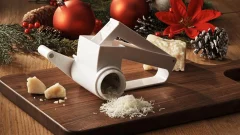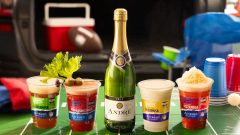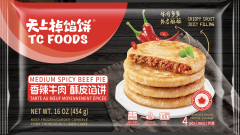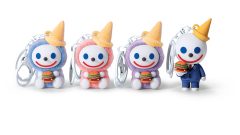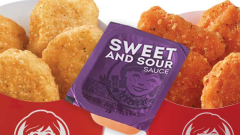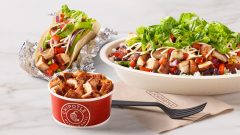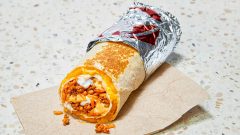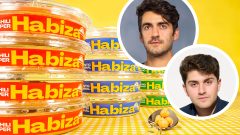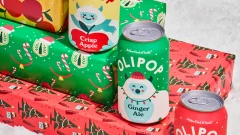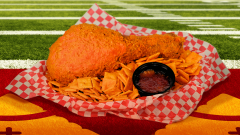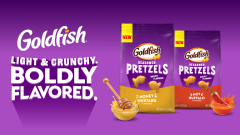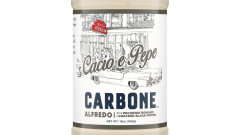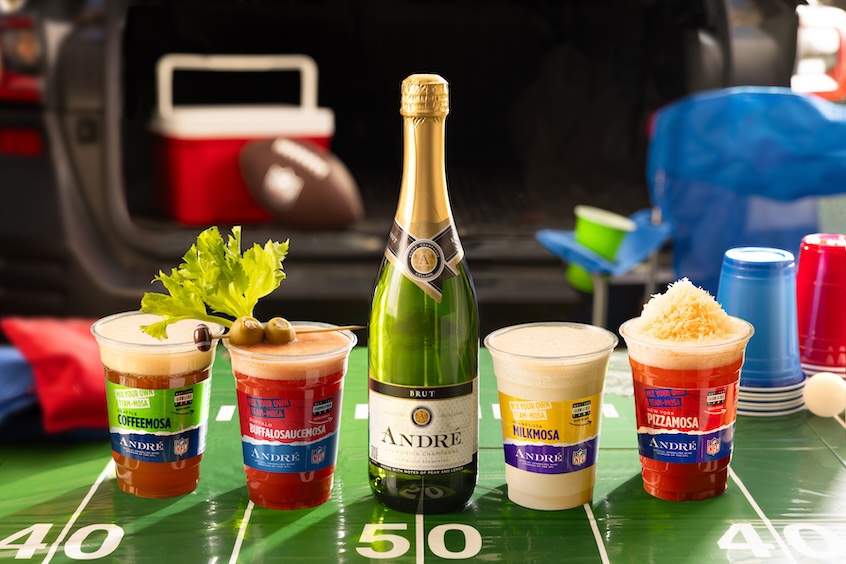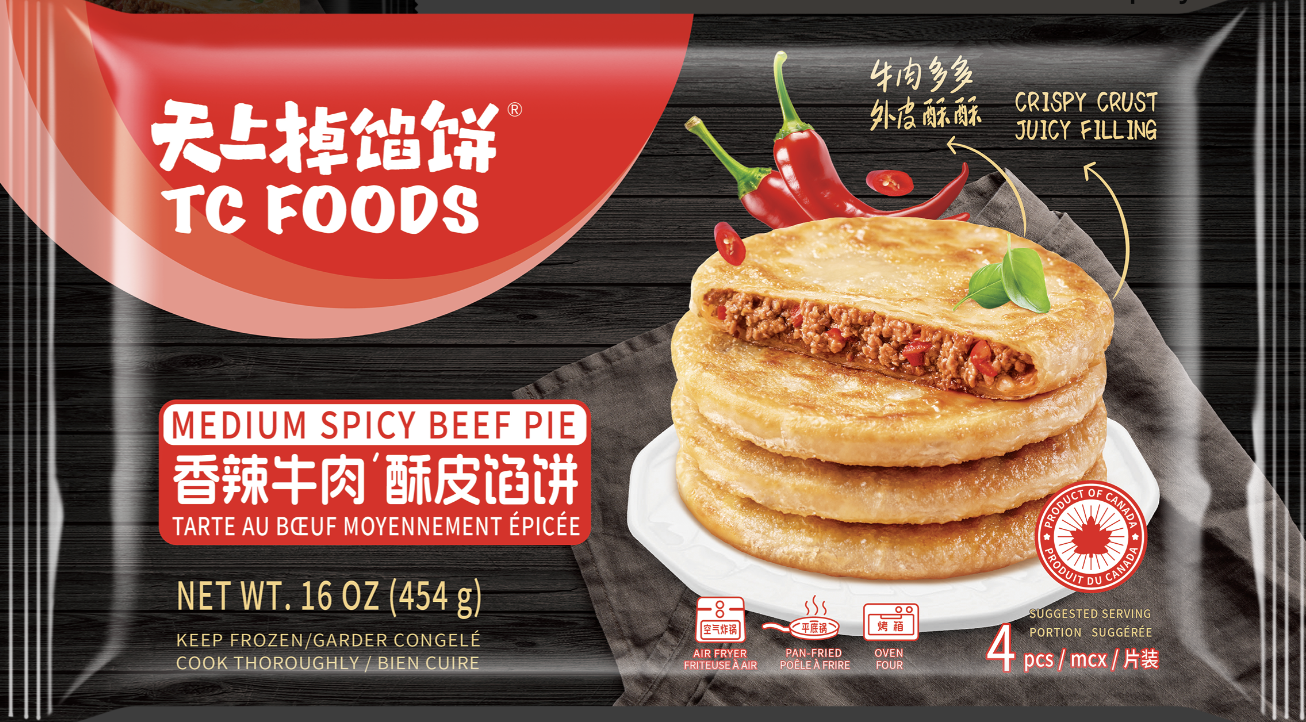Your Edible’s CBD Content May Be Mislabeled, This Is How To Ensure It’s Accurate
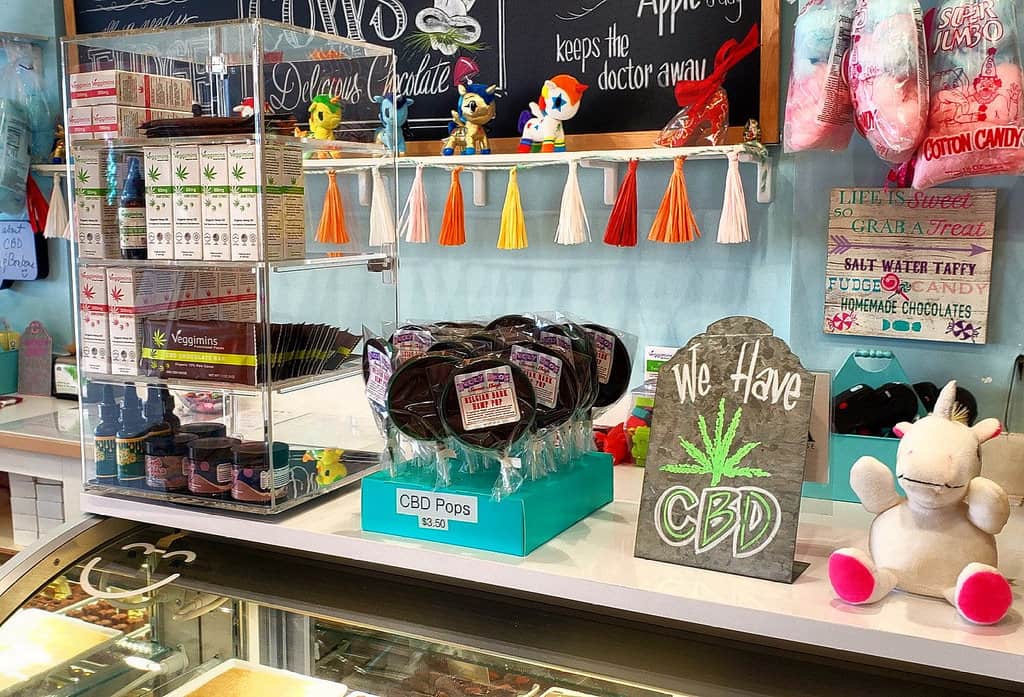
 Photo: SurFerGiRL30 on Flickr, CC 4.0
Photo: SurFerGiRL30 on Flickr, CC 4.0
The recent wave of marijuana legalization in different parts of the US has spawned a growth of cannabinoid-infused products. Whether it be from hemp or marijuana itself, these CBD products have begun to integrate themselves into food as they gain consumer acceptance.
What’s concerning today, though, is that often times, the actual CBD content within these edibles may be inaccurate.
Recent research puts the mislabeled cannabinoid edibles purchased online at a staggering 70%, making it a major issue for the industry. It’s one of the flaws of a rapidly growing sector whose legal boundaries aren’t yet fully established, according to Robert Di Marco, CEO of Boulder Botanical & Bioscience Labs.
“The problem that you have is that there are no labeling requirements,” diMarco says. “The industry is wide open.”
According to Di Marco, the FDA is trying to create guidelines for the CBD industry when it comes to labeling, but right now, products are highly susceptible to fraud. That’s not the only issue, though, as the chemical structure of cannabinoids means that it’s hard to get an accurate reading on potency. Thus, a product you purchase at a dispensary may have a totally different CBD content from what the label says.
“There’s no standardized methodology for testing,” Di Marco states, “so labs get false readings. You might have one that shows a potency of 10 percent, and another that claims it’s 6 percent. It causes a lot of issues, not only with improper labeling, but with someone thinking they’re taking one dosage and it’s actually another.”
An extreme example that Di Marco gave was with a national brand that recently came to his company for testing. The extract they wanted to use for their edibles claimed to have a significant CBD content on the label, but his lab found the actual content to be zero. Since you’re paying a premium for that extra cannabinoid dosage, for an extract to contain none is shocking for both the producer and consumer.
Since this discrepancy often occurs at the production level, it may prove difficult in figuring out just how much CBD is in the edible you want to buy. There are a couple of ways you can confirm CBD content, however, although neither are a surefire guarantee yet.
#RiverRock‘s Edible of the Week: Healthy Creations Magic Bar: THC:187mg #CBD:7mg CBN:4.25mg ($10/200mg + 15% OFF Daily) pic.twitter.com/qIQJ3bas
— RiverRock Colorado (@riverrockco) January 24, 2013
“Consumers can request from the manufacturer a certificate of accuracy (CoA) to ensure that the potency is accurate and that there is a correct dosage,” Di Marco says. “A lot of companies actually have websites you can go to and you can see the CoA right there. All you have to do is type in the lot number, which should be on the label.”
“If the package doesn’t have that,” he added, “stop right there. That’s the number one sign that this is a small business and an unscrupulous operation.”
For those looking to verify the cannabinoids in their edibles, so far, these are the methods to rely on. The lists aren’t always complete, however, and not everybody has all of the certificates you want for that level of confirmation.
New CBD edibles! Did you know Pioneer Squares won best sweet edible this year for their pink lemonade squares? 🍋Now we have these delicious pineapple CBD treats. 😋 We also have Cornerstone milk & dark chocolate CBD candies! 🍫 stop by & say high to try some of these bad boys.😏 pic.twitter.com/ocTfbHRhdJ
— Green Lady Marijuana (@greenladymj) September 11, 2018
One place consumers can rest assured, though, is with larger, national brands that produce CBD products. Di Marco states that these companies all conduct rigorous in-house testing and self-regulate themselves, meaning that potency readings will be about as accurate as you can get when it comes to labeling. Smaller companies that are just getting started, however, may run into several of these issues as they lack that capability in testing.
Eventually, as the FDA gets a grip on CBD regulations and develops procedures, this will change, Di Marco says. Then, it could be possible for databases to exist that can call up the content on demand, through something like a QR code on the label. Until then, though, we are still living in a partial cloud of dubious information when it comes to CBD-infused edibles.

